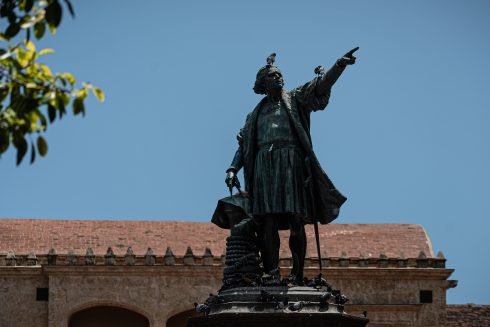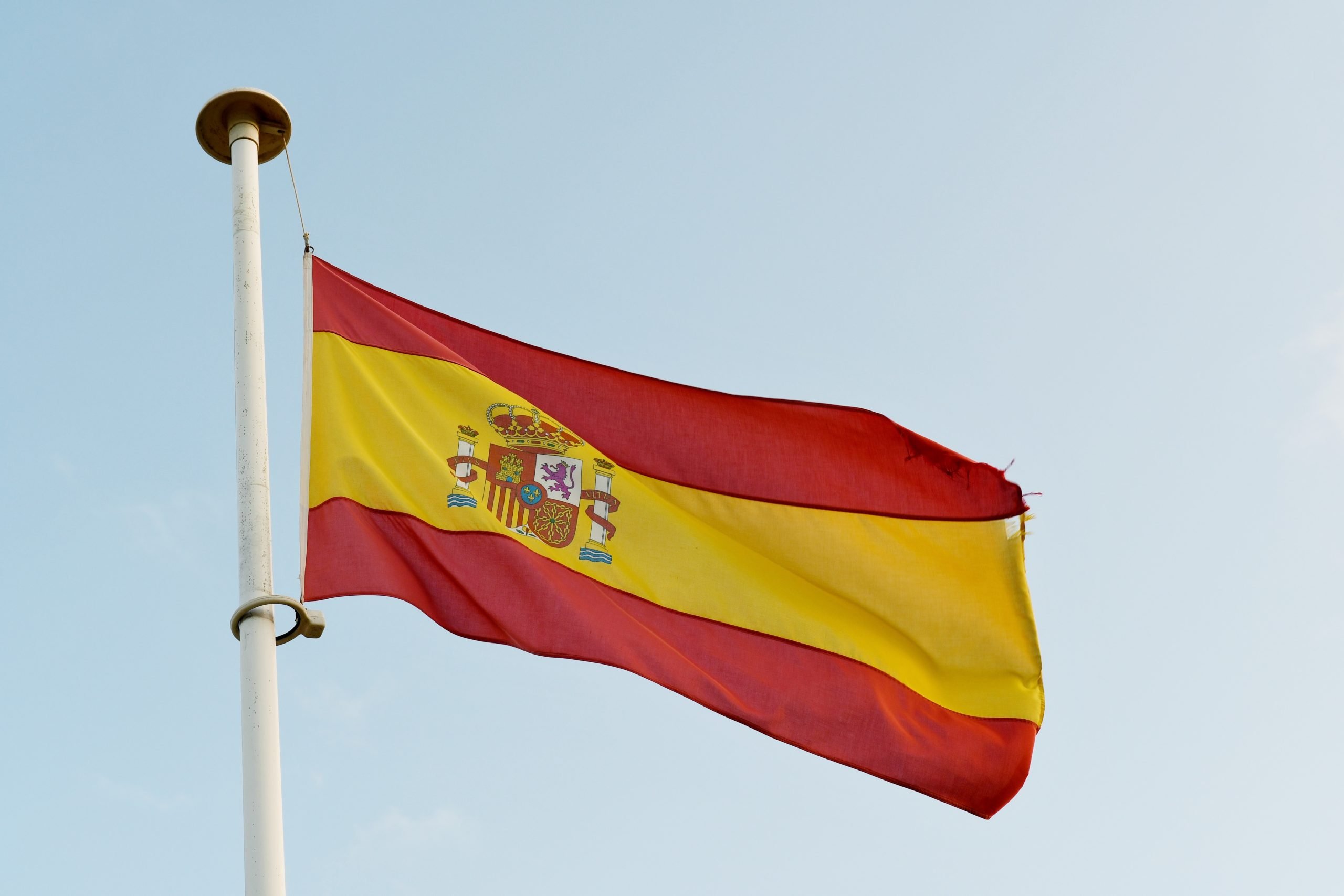THE ‘National Day of Spain’ (Fiesta Nacional de España) celebrates Christopher Columbus’ arrival in the Americas, a story which began in Andalucia.
The agreement to send Christopher Columbus to the ‘New World’ was signed in Granada in April 1492 by King Ferdinand and Queen Isabella of Spain.
Just a few months later on August 3, 1492 the explorer set off on his journey from Palos de la Frontera, near Huelva.

On October 12, the crew found dry land on the island of Guanahaní and Columbus claimed the land for Spain, calling it ‘San Salvador’.
Almost 600 years later, the island is still called San Salvador and Spaniards gather every year to celebrate Columbus’ travels on Spain’s National Day, October 12.
The celebrations as we know them today were established in 1892 to mark 400 years since Christopher Columbus arrived in South America. Since then, the occasion has gone through many names and controversies, eventually becoming the military parade it is today.
Although it had been celebrated for almost 100 years, October 12 only became Spain’s official national day in 1987. According to the law, it ‘symbolises the historic moment that the new Spanish nation state began a period of linguistic and cultural expansion beyond Europe’.
Controversially, the day was also known as ‘Race Day’ (Dia de la Raza) until the United Nations added the name ‘The Day of Spanish Language’ in 2010 to recognise the uniting power of language across Spain and Latin America.
However, the day is still divisive. In 2021, indigenous groups protested in Madrid’s Plaza Espana, holding banners reading ‘there is nothing to celebrate’.
Many Latin American countries have also rejected the celebrations, instead using the day to celebrate diversity. Nicaragua renamed the celebration ‘Day of Indigenous Resistance’, while Argentina opted for ‘Day of Respect of Cultural Diversity’.
Today, October 12 is widely known as ‘Day of Hispanic Heritage’ or ‘Spain’s National Day’ and in Andalucia it is an opportunity to remember the region’s historic links to Spanish colonisation.
Despite the controversy, Spanish royals and state representatives will gather in Madrid for a military parade including an airshow and a tribute to fallen soldiers.
Although there are no ‘celebrations’ in Andalucia, the day is a bank holiday, so expect most shops and businesses to be closed.
READ MORE:
- The French Influence On Spanish Culture
- Activity Ideas for Expats in Spain This Autumn
- Humble Malaga bakery is shocked after its simple apple tart wins ‘best cake in Spain’ award








